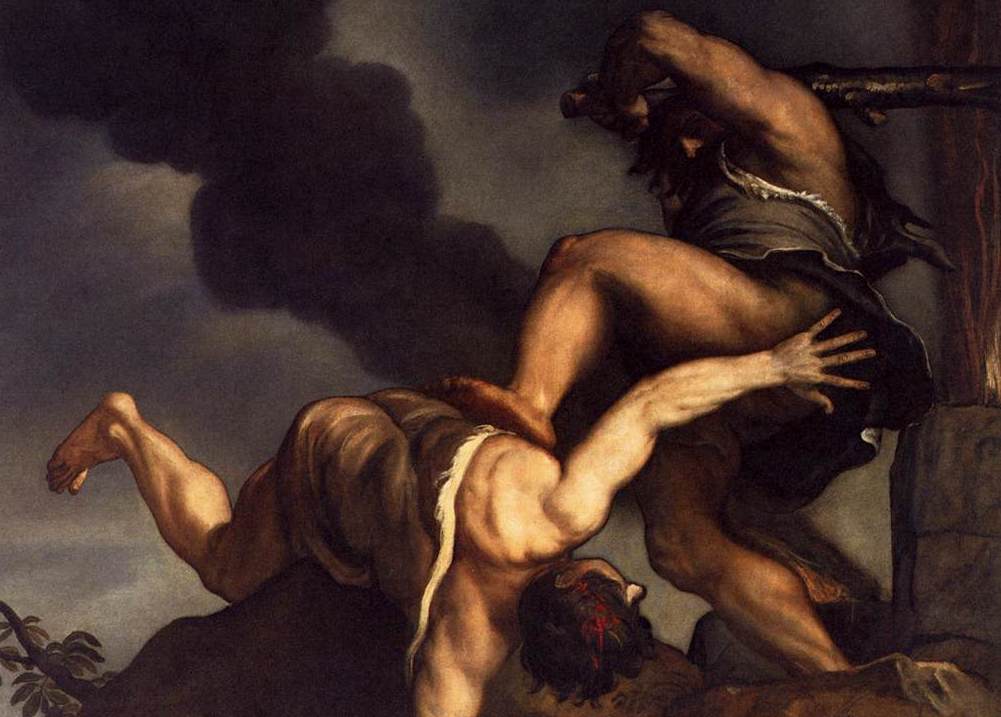Since the modern-turn, no topic has provoked more speculation—from as many angles and at the nexus of so many disciplines—than that of modernity itself. We speculate as to when it really started, where it has as of yet taken hold, what its fundamental character is, and—perhaps most profoundly—why it is at all. And in turn these speculations have engendered a remarkable array of heavy-handed schools of thought, each typically more dismal than the last.
Login to read more
Sign in or create a free account to access Subscriber-only content.
